VMU Foreign Visiting Teachers on Feeling Homesick for Lithuania
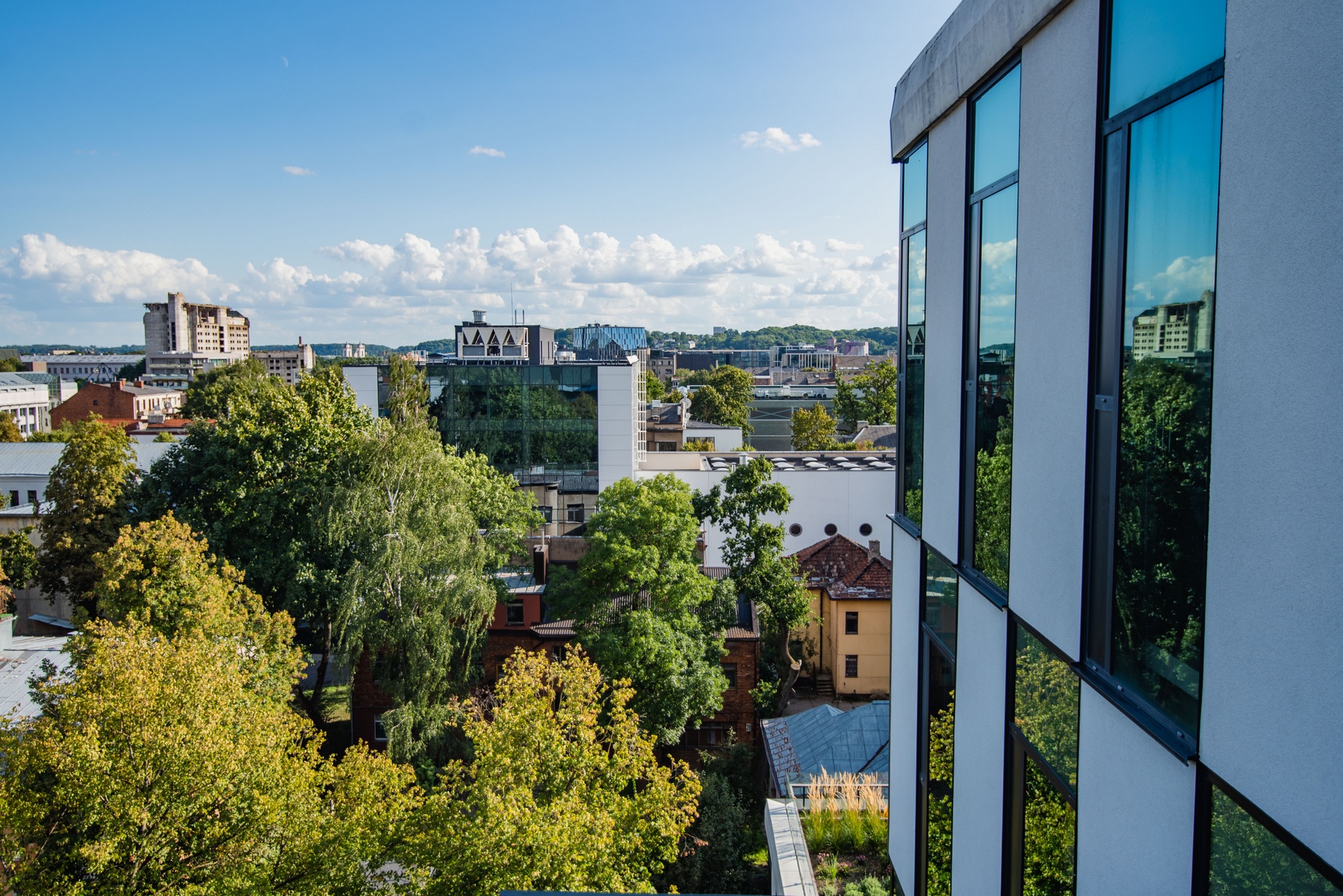
“When I first visited Lithuania, I felt mysteriously at home in the country. A few years later I presented a conference paper about it, entitled “How can I feel homesick for a place I have never been to before?”. And when I was invited to give a lecture at VMU a couple of years later, I was delighted”, Ullrich Kockel, Professor of Creative Ethnology at the Institute for Northern Studies of the University of Highlands and Islands, says.
Prof. Kockel has been a visiting teacher at VMU for many years. Last semester, he held lectures on anthropology of heritage at the VMU Faculty of Social Sciences: he introduced students to such topics as tangible and intangible cultural heritage, international frameworks such as UNESCO and landscape/natural heritage.
“My visits to Lithuania are always a highlight of the year – some years I have managed to come twice, including on holidays! I like the country, the people and the food. As an anthropologist, noticing peculiarities is part of my job, but at the same time I’m professionally honour-bound not to refer to them as such. However, when I had a Lithuanian PhD student (a VMU-graduate) some years ago, we noted a Lithuanian habit of preferring coffee grinds between their teeth to filtering their coffee”, the professor says in response to the question on Lithuanian cultural peculiarities or differences compared to his own culture.
Prof. Kockel notes that it is difficult to compare Vytautas Magnus University with the University of Highlands and Islands, because the latter is larger, also, at BA and MA level it teaches mainly online. However, at the departmental level, he is impressed with VMU as an institution whose teachers are very dedicated and students are diligent.
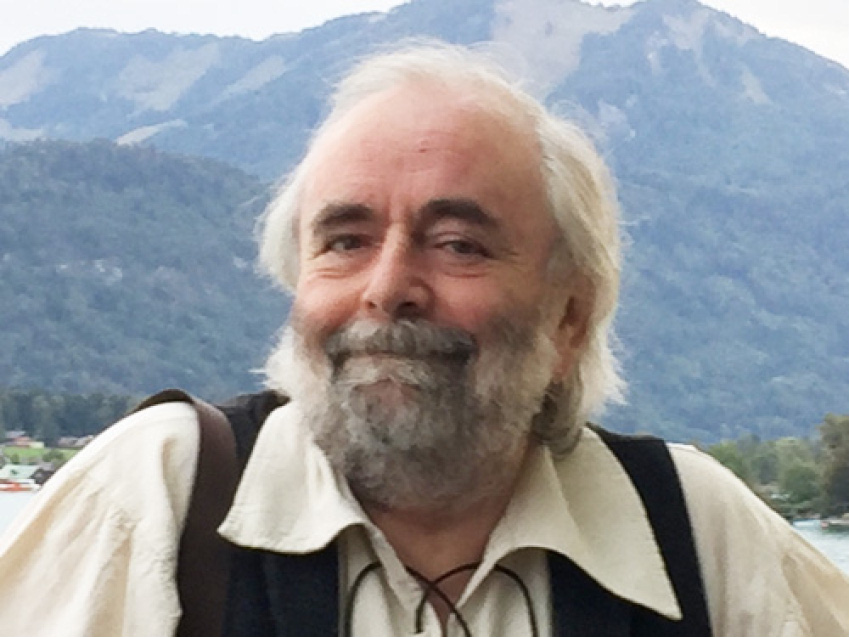
Ullrich Kockel
“At the departmental level, I think VMU is a collegiate, relatively small and therefore quite cosy university that I am enjoying working at. The students are well-motivated (exceptions proving the rule!) and very convivial. Teaching and support seem to be of a high standard. The physical infrastructure has improved since I started”, the anthropologist remarks.
Prof. Kockel has been visiting Lithuania since 2005: first for a conference in Klaipėda, later for a lecture at VMU, followed by Erasmus teaching visits and an intensive course at VMU Center for Social Anthropology which he taught as a Visiting Professor.
Fell in love with Kaunas after first visit
Another visiting teacher of Vytautas Magnus University, Professor Daniel Barnhizer from Michigan State University’s College of Law (USA), says that he first started coming to VMU in about 2012 as part of a faculty exchange program between his institution and VMU Faculty of Law.
“I was intrigued by the opportunity to teach her in part because all of my colleagues who had previously been part of the program spoke very highly about both VMU and about Lithuania in general. After teaching at VMU the first time, I fell in love with Kaunas and took advantage of the opportunity to return to teach each year since then”, Prof. Barnhizer explains and adds that he completely understands why one survey identified Lithuania as “the happiest place in Europe”.
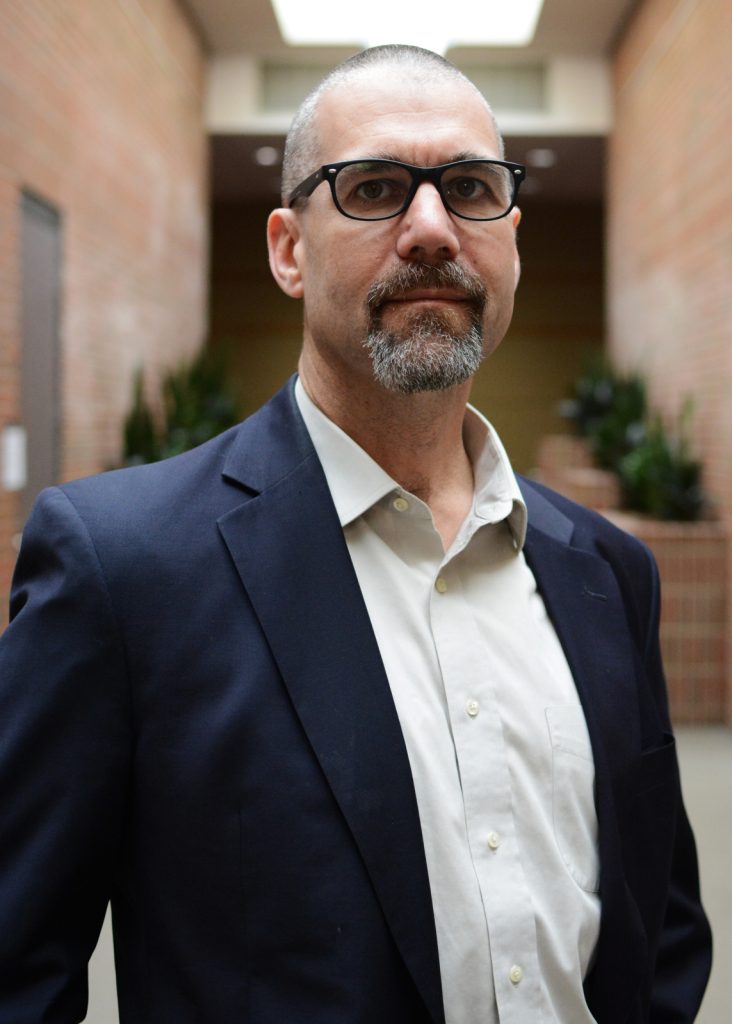
Daniel Barnhizer
Last semester, this visiting professor held lectures for students of VMU Faculty of Law on International Business Transactions. The course focused primarily on international sales of goods and the mechanisms that parties use to finance and make payments in those transactions. Other parts of the course address issues such as foreign direct investment, franchising, countertrade, and international arbitration as well as recent developments in technological innovations that are changing how parties do business internationally.
Prof. Barnhizer claims that VMU has always made him feel very welcomed and has provided opportunities to participate in various academic programs and events, while the students here are great. “In terms of the quality of VMU’s research and studies, I’ve been privileged to participate in projects with VMU faculty that have been intellectually challenging, and rewarding. In my opinion, VMU is a fantastic university, the Law Faculty’s approach to legal education is innovative and exciting, and I’m looking forward to future research opportunities at VMU”, the interviewee notes.
Erasmus teacher exchange: swapping ideas and breaking down stereotypes
Prof. Dr. Jordi Linares, researcher of AI at Universitat Politècnica de València (Spain), visited VMU as part of the Erasmus exchange program, as well as a visiting teacher who teaches students of the Multimedia and Internet Technologies BA study program. Prof. Linares also works on joint research projects together with the scientists of the VMU Faculty of Informatics.
“During my time at VMU, I discovered a remarkably modern university (…) [which has] exhibited professionalism, excellence, and a dynamic nature, with ongoing developments in infrastructure and new installations, making it well-aligned with current changes in teaching and new technologies. (…) My impression of VMU has continually improved, especially regarding infrastructure, as the university is in constant evolution. However, from the outset, the quality of both the faculty and the students has been exceptionally high”, the professor says.
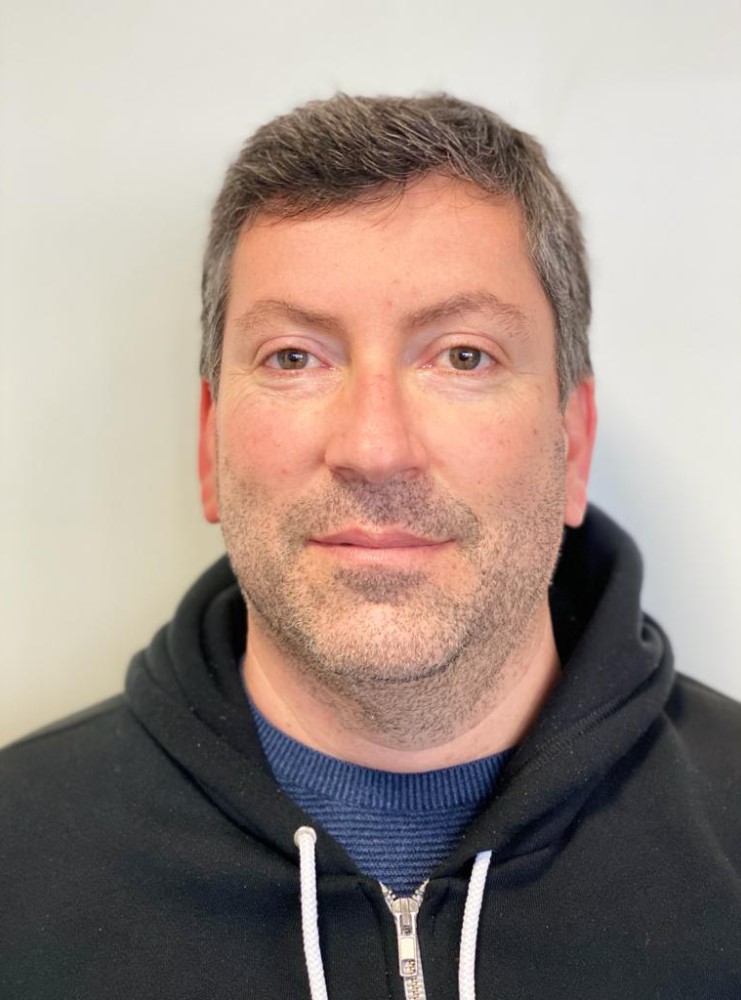
Jordi Linares
Discussing Erasmus and similar exchange programs that make it possible for university teachers from different European countries to hold lectures in higher education institutions abroad, Prof. Linares emphasises that they have incredible benefits and calls Erasmus one of the most successful European initiatives that has yielded excellent results across its various dimensions.
“For faculty, it is extraordinarily important as it allows for the exchange of ideas, understanding developments in different parts of Europe, collaboration, and synergy building. These programs help maintain cohesion and promote positive advances in technology and teaching. Another significant benefit is the breakdown of stereotypes between different European countries. Travel, experiencing different universities, and interacting with people from various cultural backgrounds ultimately reveal excellence everywhere and eliminate many artificial differences. These programs help reaffirm our European identity and strengthen our collective synergy”, the professor explains, revealing that such projects have been very beneficial to him and have always been a crucial part of his academic activities.
Lithuania: a unique blend of modernity and tradition
Thanks to the possibilities of international exchange, Vytautas Magnus University has also been visited by Assoc. Prof. Dragica Žugić, the Dean of the Faculty of Philology at the University of Donja Gorica. She says her curiosity drew her to the concept of Education 360° developed by VMU as being the university with a human face and her wish to understand the management policies of the VMU Faculty of Humanities and its departments. At the university, she also held a lecture on modern language teaching technologies and discussed further cooperation opportunities between the respective faculties of VMU and DGU.
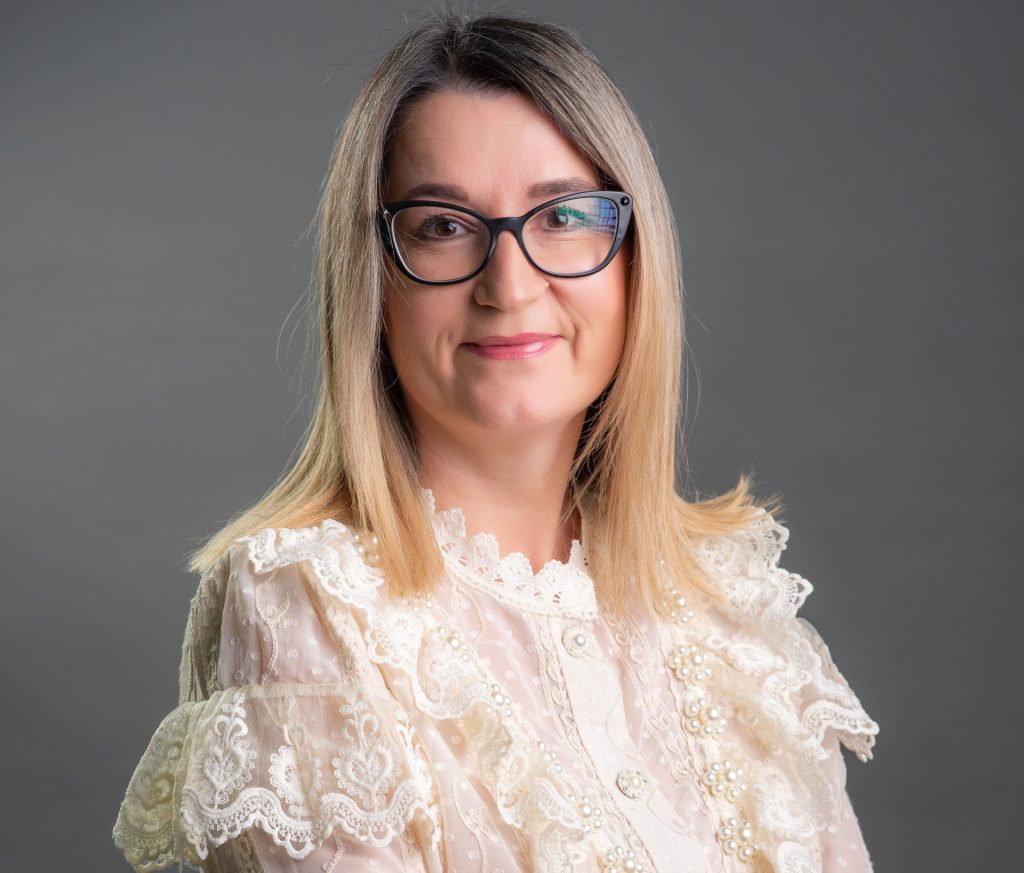
Dragica Žugić
“VMU stands out as an institution dedicated to cherishing humanistic and humanitarian culture and values, which I profoundly appreciate as a philologist. (…) My impression of VMU has been overwhelmingly positive. I could perceive VMU as a vibrant and international academic community, where diverse cultural backgrounds seamlessly integrate. The students are highly engaged, motivated, and eager to learn, demonstrating a strong grasp of their subject matter. The quality of research at VMU is impressive [as well]”, Assoc. Prof. Žugić points out, adding that compared to her university VMU is more focused on interdisciplinarity and modern teaching technologies.
The Dean of the Faculty of Philology at the University of Donja Gorica says that overall, she has found Lithuanian people warm, good-hearted, family people, and very friendly and welcoming.
“In terms of cultural peculiarities, I noticed that Lithuanians have a deep respect for their traditions and history, which is evident in their everyday life, interactions, and even their nature and environment, with fields of tulips everywhere and wonderful unpolluted landscapes. Their strong sense of community (…) and pride in their cultural heritage, is something I greatly admire. Compared to my own culture, I found Lithuania and its people to have a unique blend of modernity and tradition, as I later formulated like this “They are more Europe than Europe itself”, Assoc. Prof. Žugić says.












